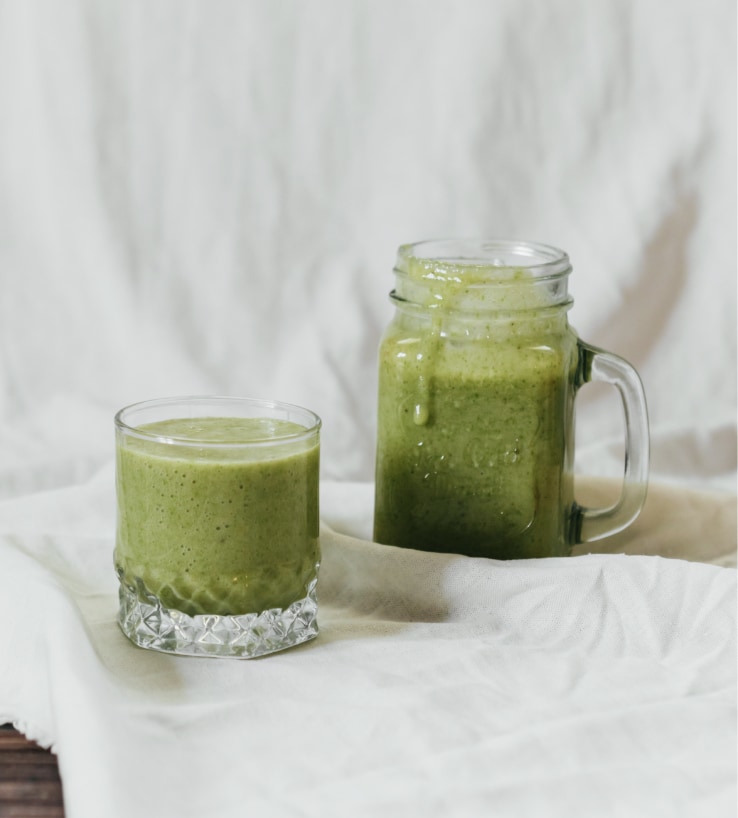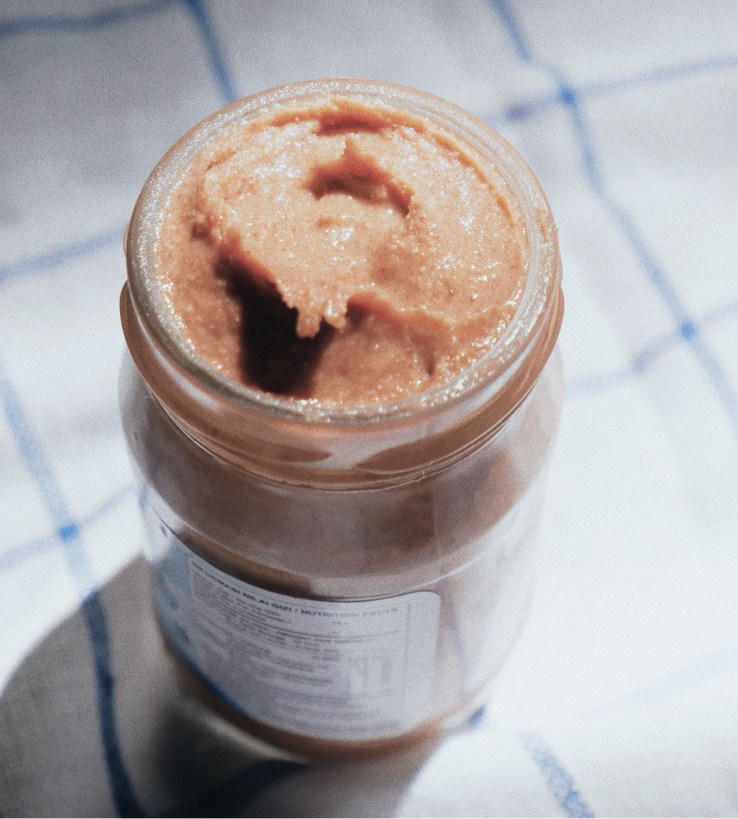Introduction
In the captivating world of superfoods, Shiitake mushrooms (Lentinula edodes) shine brilliantly as both a culinary delight and a nutritional powerhouse. Originating from the mystical forests of East Asia, these exotic mushrooms have been cultivated for over a thousand years. Not only are they cherished for their rich, savory taste, but they also offer an array of remarkable health benefits that can revolutionize your well-being. Whether you’re a passionate foodie or someone eager to enhance your health naturally, embracing Shiitake mushrooms in your diet can be a life-changing experience.
In this comprehensive guide, we’ll delve into the astonishing nutritional profile of Shiitake mushrooms, explore their myriad health advantages, and provide practical tips on how to incorporate them into your meals. So, let’s embark on this exciting journey to discover why Shiitake mushrooms are more than just a delicious ingredient—they’re a treasure trove of wellness waiting to be unlocked.
What Are Shiitake Mushrooms?
Shiitake mushrooms are one of the most popular and cultivated edible mushrooms globally. Known for their distinct umami flavor and meaty texture, they are a staple in many Asian cuisines and have gained popularity worldwide.
Shiitake mushrooms are edible fungi native to East Asia, particularly Japan, China, and Korea. The name “Shiitake” comes from the Japanese words “shii,” referring to the type of tree (Castanopsis cuspidata) on which these mushrooms naturally grow, and “take,” meaning mushroom.
Characteristics
Culinary Uses: Widely used in Asian cuisines, Shiitake mushrooms are versatile and can be included in soups, stir-fries, stews, and sauces.
Appearance: Shiitake mushrooms have a distinct umbrella-shaped cap that is brown and can range from 2 to 4 inches in diameter. The caps are often curved and have a slightly wrinkled texture.
Flavor Profile: They are known for their rich umami flavor, which adds depth and complexity to various dishes. The taste is often described as meaty, earthy, and slightly smoky.
Nutritional Profile of Shiitake Mushrooms
Shiitake mushrooms are not only delicious but also packed with essential nutrients that contribute to overall health. Let’s take a closer look at their nutritional content.
Macronutrients (Per 100 grams of raw Shiitake mushrooms):
- Calories: 34 kcal
- Protein: 2.5 grams
- Carbohydrates: 6.8 grams
- Dietary Fiber: 2.5 grams
- Sugars: 2.4 grams
- Fat: 0.5 grams
Vitamins
- Vitamin B1 (Thiamine): Supports energy production and nerve function.
- Vitamin B2 (Riboflavin): Essential for energy metabolism and skin health.
- Vitamin B3 (Niacin): Important for DNA repair and stress responses.
- Vitamin B5 (Pantothenic Acid): Crucial for synthesizing coenzyme A, involved in fatty acid metabolism.
- Vitamin B6 (Pyridoxine): Plays a role in amino acid metabolism and neurotransmitter synthesis.
- Vitamin B9 (Folate): Necessary for DNA synthesis and repair.
- Vitamin D: When exposed to sunlight or UV light during growth, Shiitake mushrooms can become a significant source of vitamin D2, supporting bone health and immune function.
Minerals
- Copper: Vital for heart health, iron absorption, and maintaining healthy bones and nerves.
- Selenium: Acts as an antioxidant, protecting cells from damage.
- Zinc: Essential for immune function, wound healing, and DNA synthesis.
- Potassium: Helps regulate fluid balance, nerve signals, and muscle contractions.
- Manganese: Involved in metabolism, bone formation, and antioxidant functions.
Bioactive Compounds
- Lentinan: A beta-glucan polysaccharide known for its immune-enhancing properties.
- Eritadenine: A compound that may help reduce cholesterol levels.
- Ergothioneine: A unique antioxidant that protects cells from oxidative stress.
- Polysaccharides: Complex carbohydrates that have various health-promoting effects, including immune modulation.
Health Benefits of Shiitake Mushrooms
Shiitake mushrooms have been used in traditional medicine for centuries. Modern research supports many of these traditional uses, highlighting the mushrooms’ potential to promote health and prevent disease. Here are some of the key health benefits:
1. Boosts Immune System
Shiitake mushrooms contain compounds that enhance immune function.
- Beta-Glucans: Lentinan stimulates the activity of immune cells such as macrophages, natural killer cells, and T-lymphocytes.
- Research Evidence: A study published in the Journal of the American College of Nutrition found that daily consumption of Shiitake mushrooms improved immune markers and reduced inflammation in healthy adults (source).
2. Supports Heart Health
Incorporating Shiitake mushrooms into your diet may benefit your cardiovascular system.
- Cholesterol Reduction: Eritadenine has been shown to lower total cholesterol levels by inhibiting its absorption and increasing its excretion.
- Blood Pressure Regulation: High potassium content helps counteract sodium’s effects, aiding in maintaining healthy blood pressure.
- Antithrombotic Effects: Compounds in Shiitake mushrooms may prevent platelet aggregation, reducing the risk of blood clots.
3. Provides Antioxidant Protection
Antioxidants in Shiitake mushrooms help neutralize free radicals, protecting the body from oxidative stress.
- Ergothioneine and Selenium: These antioxidants support cellular health and may reduce the risk of chronic diseases.
- Anti-Aging Effects: By combating oxidative damage, antioxidants contribute to healthier skin and delay signs of aging.
4. Anti-Inflammatory Properties
Chronic inflammation is linked to numerous health issues, including arthritis, heart disease, and certain cancers.
- Polysaccharides: Shiitake mushrooms contain polysaccharides that exhibit anti-inflammatory effects, potentially alleviating symptoms of inflammatory conditions.
5. Supports Bone Health
Vitamin D is essential for calcium absorption and bone health.
- Vitamin D Source: When Shiitake mushrooms are exposed to sunlight or UV light, they become a valuable plant-based source of vitamin D2.
- Bone Density: Adequate vitamin D intake helps maintain bone density and reduce the risk of osteoporosis.
6. Potential Anti-Cancer Effects
Some research suggests that Shiitake mushrooms may have anti-cancer properties.
- Lentinan in Cancer Therapy: In Japan and China, lentinan is used as an adjunct treatment in cancer therapy to enhance the immune system’s ability to fight tumors.
- Mechanism: Lentinan may inhibit tumor growth by activating immune responses and inducing apoptosis (programmed cell death) in cancer cells.
- Note: While promising, more clinical studies are needed to confirm these effects.
7. Supports Gut Health
Dietary fiber in Shiitake mushrooms promotes healthy digestion.
- Prebiotic Effects: Fibers act as prebiotics, nourishing beneficial gut bacteria.
- Improved Digestion: Regular consumption may aid in preventing constipation and maintaining regular bowel movements.
Frequently Asked Questions
Q1: Are Shiitake mushrooms safe to eat raw?
A: It’s recommended to cook Shiitake mushrooms before eating them. Cooking deactivates certain compounds that may cause allergic reactions like Shiitake dermatitis.
Q2: Can I grow Shiitake mushrooms at home?
A: Yes! Shiitake mushrooms can be cultivated at home using logs inoculated with mushroom spawn or grow kits available from specialty suppliers. It’s a rewarding and fun project.
Q3: Are Shiitake mushrooms suitable for vegetarians and vegans?
A: Absolutely. They are a plant-based ingredient rich in nutrients and can add a meaty texture and umami flavor to vegetarian and vegan dishes.
Q4: Do Shiitake mushrooms contain vitamin D?
A: When exposed to sunlight or UV light during growth, Shiitake mushrooms synthesize vitamin D2, making them a valuable plant-based source of this essential nutrient.
Q5: How do I store dried Shiitake mushrooms?
A: Keep dried mushrooms in an airtight container in a cool, dark place. They can last for a year or more when stored properly, ensuring you always have them on hand.

